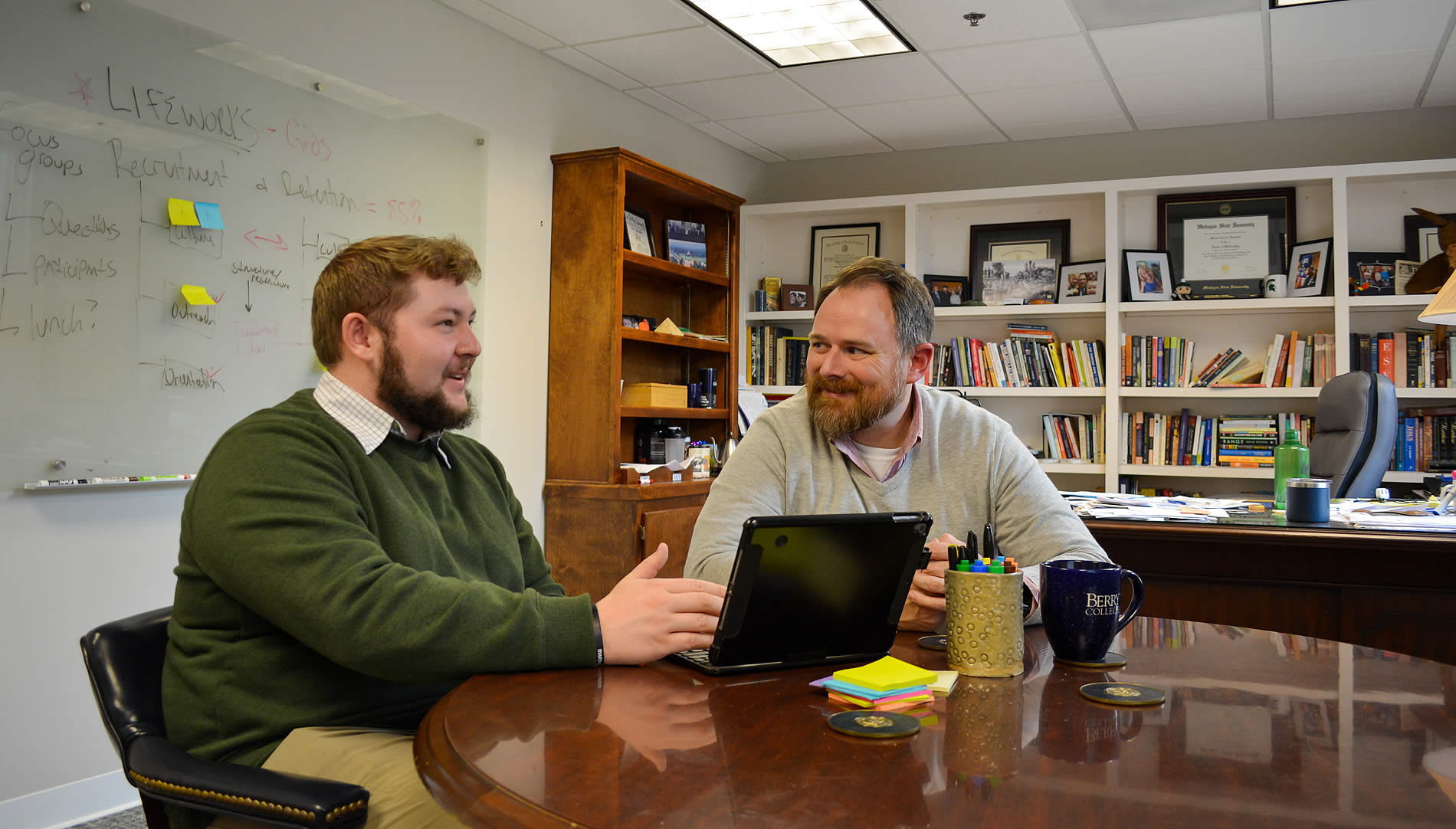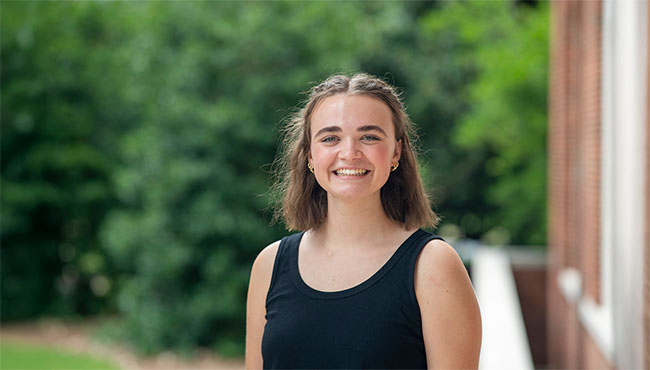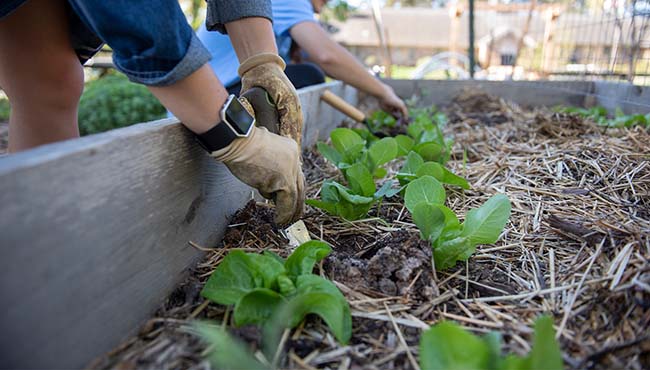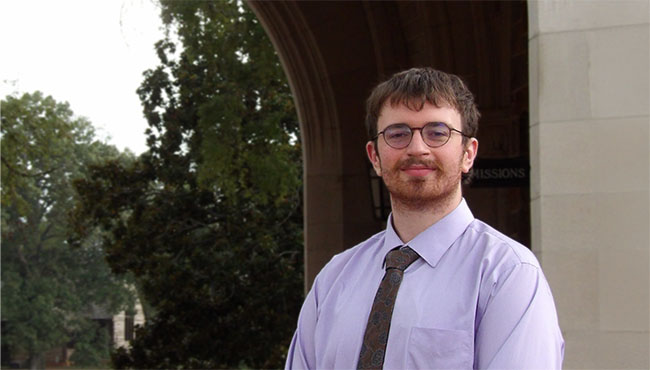Noah Isherwood ’22 — an honors student majoring in English and minoring in digital storytelling — is thoughtfully weighing career possibilities. With a passion for coaching first-year students, Noah plans to pursue a master’s in English and rhetoric and composition at the University of Georgia. He says, “I could see myself teaching composition and literature classes as well as serving in an academic affairs support role such as working in a writing center or academic advising context.”
A Presidential Scholar and LifeWorks Scholar, Noah has held a variety of campus work positions, including first-year mentor and associate student director for team building and outreach for the Office of Academic Transitions. He’s also the special projects coordinator for the Center for Personal and Professional Development (CPPD).
Q: How do first-year mentors contribute to students’ development during their freshman year?
A. I have partnered with two faculty members to teach two sections of BCC 100, a class that helps freshmen transition to Berry. It is essentially a “How to Berry” class, where we teach study skills, college-specific policies such as course registration, and provide a space where freshmen can reflect on the unique shift from high school to college. I schedule regular one-on-one check-ins with my freshmen as well, because we have found that having an older peer as a resource for freshmen is the most effective way of ensuring that students are finding their best academic, social and professional fit at Berry. BCC 100 students and mentors participate in First-Year Service, explore academic planning opportunities and undergo gender-based violence prevention training together.
I have heard from many freshmen that their mentor is a breath of fresh air in an often overwhelming stage of life, and in my own experience as a mentor, I have facilitated the creation of friendships that continue to invigorate the Berry community.
Q. How will you leverage your training in English and digital storytelling?
A. I do not primarily view my English degree as a study in books; I see it as a degree in thought, argument and communication. In my English and communications classes, I have gained skills that allow me to take in a large amount of qualitative information, distill it into manageable points and create a new product outlining my own take on the information.
Q. What advice do you offer students navigating the LifeWorks program?
A. The biggest piece of advice I could give to students is to interact with the LifeWorks Office and the CPPD early and often. If you have a problem with your job or if you do not understand a policy or process, do not hesitate to reach out to the offices that exist to better serve you and make your work more meaningful. Another important piece of advice would be to clearly communicate your needs to your supervisors. Berry faculty and staff are dedicated to student success, and if you feel that you are not succeeding, they will always help get you back on track.
Q. How have you benefited from the culture of mentorship at Berry?
A. Every upperclassman, faculty member or staff person that I have worked with has taken time to speak into my life. From class projects and theatre shows to LifeWorks initiatives and BCC classes, I have constantly been surrounded by people that care about my development as a person and professional, and I wouldn’t trade that for the world.



